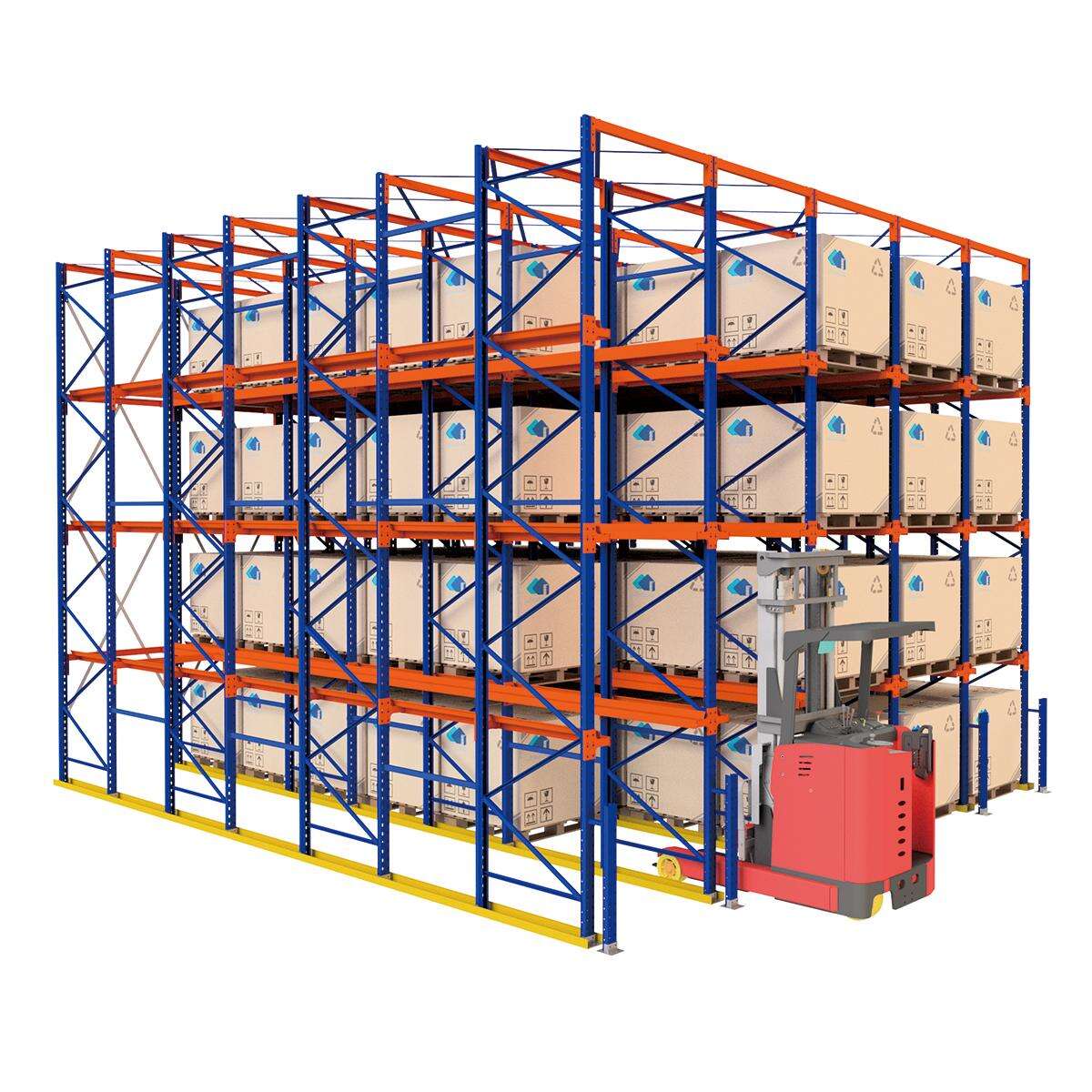The evolving landscape of supply chain management has transformed how businesses approach their warehouse operations. A customized warehouse solution has become essential for companies seeking to optimize their storage, inventory management, and distribution processes. As market demands become more complex and customer expectations continue to rise, the need for tailored warehouse solutions that address specific business requirements has never been more crucial.
Modern warehouses face unique challenges that off-the-shelf solutions cannot adequately address. From varying product sizes and storage requirements to specific handling procedures and automation needs, each warehouse operation demands a carefully crafted approach. This comprehensive guide will explore how to select and implement the ideal customized warehouse solution for your business needs.
At the heart of any customized warehouse solution lies an efficient storage system. Modern warehouses require carefully planned racking configurations that maximize vertical space while ensuring easy access to inventory. Different industries may need specialized storage solutions, such as temperature-controlled zones for perishables or reinforced racks for heavy machinery parts.
The choice of racking systems should align with your specific product characteristics, handling equipment, and picking strategies. Whether it's selective racking for high-turnover items or drive-in racks for bulk storage, your solution must optimize space utilization while maintaining operational efficiency.
Advanced inventory management systems form the backbone of a customized warehouse solution. Real-time tracking capabilities, automated reorder points, and precise stock level monitoring help prevent stockouts while minimizing excess inventory. Modern warehouse management systems (WMS) can be tailored to integrate with existing business systems, providing seamless data flow across all operations.
Implementation of radio-frequency identification (RFID) technology and barcode systems ensures accurate inventory counts and reduces human error. These technologies can be customized to match your specific product tracking requirements and handling processes.
The right material handling equipment is crucial for any customized warehouse solution. Modern conveyor systems can be designed to accommodate your specific product dimensions and handling requirements. Automated guided vehicles (AGVs) can be programmed to follow optimal routes, reducing travel time and improving picking efficiency.
When selecting automation solutions, consider your current throughput requirements and future growth projections. The system should be scalable and adaptable to changing business needs while maintaining consistent performance levels.
Robotic solutions have revolutionized warehouse operations, offering unprecedented levels of accuracy and efficiency. From automated storage and retrieval systems (AS/RS) to robotic picking arms, these technologies can be customized to handle specific products and order profiles. Pick-to-light systems can be tailored to your warehouse layout and picking strategies, significantly improving order fulfillment accuracy.
Integration of these advanced technologies requires careful planning and customization to ensure they complement your existing processes while delivering maximum ROI.
A successful customized warehouse solution must include robust analytics capabilities. Key performance indicators (KPIs) should be tailored to your specific business goals and operational requirements. From order accuracy rates to picking efficiency metrics, the system should provide actionable insights that drive continuous improvement.
Custom reporting tools can help identify bottlenecks, optimize resource allocation, and forecast future needs. These insights enable proactive decision-making and help maintain optimal warehouse performance.
Advanced analytics capabilities within your customized warehouse solution can help predict seasonal demands, optimize inventory levels, and improve resource planning. Machine learning algorithms can be trained on your specific historical data to provide accurate forecasts and recommendations.
These predictive capabilities ensure your warehouse operations remain agile and responsive to changing market conditions while maintaining optimal efficiency levels.

When implementing a customized warehouse solution, ensure seamless integration with existing systems and processes. The solution should be built on flexible architecture that can accommodate future growth and technological advances. Consider both current requirements and potential future needs when designing your system.
Scalability is crucial for long-term success. Your customized warehouse solution should allow for easy expansion of storage capacity, throughput capabilities, and technological features without requiring complete system overhauls.
The success of any customized warehouse solution depends heavily on proper staff training and change management. Develop comprehensive training programs that address the specific needs of different user groups. Create detailed documentation and standard operating procedures that reflect your unique processes and requirements.
Implement a structured change management approach to ensure smooth transition and adoption of new systems and processes. Regular feedback sessions and continuous improvement initiatives help maintain optimal performance levels.
Implementation timelines vary depending on the complexity of the solution and specific requirements. Generally, a full customized warehouse solution implementation can take anywhere from 3 to 12 months, including planning, installation, testing, and staff training phases.
Important budget considerations include hardware and software costs, installation and integration expenses, training requirements, maintenance agreements, and potential business disruption during implementation. It's essential to factor in both immediate and long-term operational costs while ensuring the solution provides adequate ROI.
Choose a solution with built-in scalability and flexibility. Regular system assessments, performance monitoring, and periodic updates help maintain effectiveness. Work with providers who offer ongoing support and can accommodate future expansions or modifications to the system as your business needs evolve.
The degree of customization depends on your specific business requirements, industry regulations, and operational goals. While some operations may need extensive customization in all areas, others might require modifications only in specific aspects such as storage configuration or inventory management processes. A thorough needs assessment helps determine the optimal level of customization.